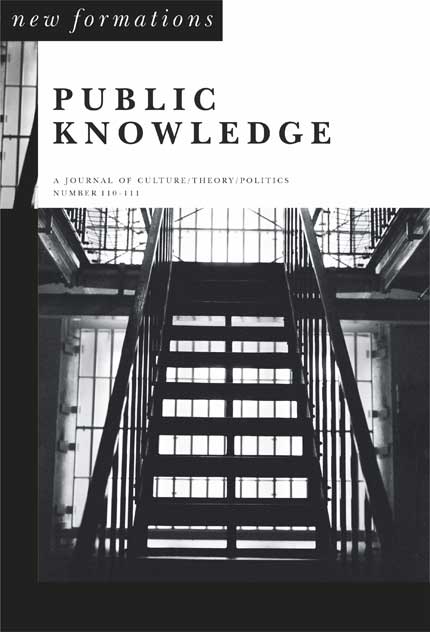The highly prestigious journal Nature this week announced that it is going to be publishing all peer reviews alongside the articles it publishes. This means that the reviews attached to each publication will be available for all to read, although reviewer identities will remain anonymous unless they opt to sign their review. Nature says this …
Continue reading “Transparency as a substitute for governance: on Nature’s open review process”






